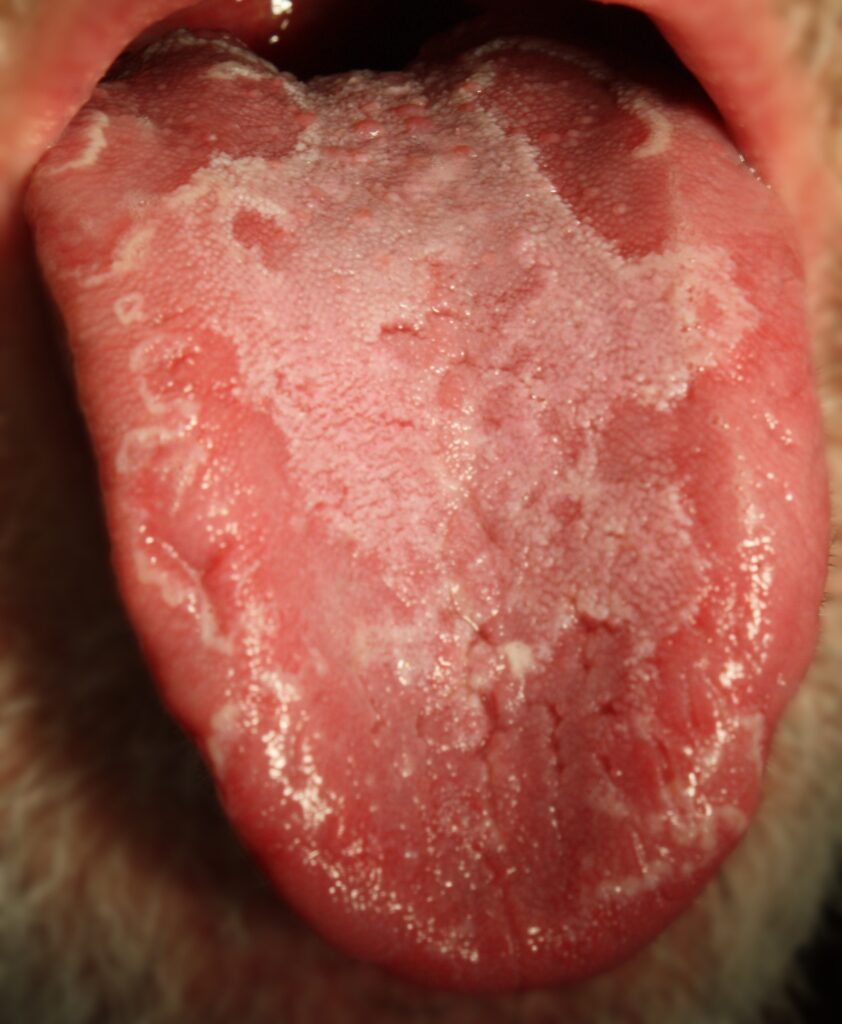Crohn’s disease is a chronic condition that affects millions of people worldwide. It’s classified as an inflammatory bowel disease (IBD). It affects the digestive tract, causing symptoms ranging from mild to severe. But how can you recognize symptoms of Crohn’s disease early to initiate treatment?

What Is Crohn’s Disease?
Before exploring symptoms, let’s briefly see what Crohn’s disease is. Unlike occasional stomach upset or food intolerance, Crohn’s disease is an autoimmune disorder. This means the body mistakenly attacks its own gastrointestinal (GI) system. This leads to inflammation anywhere along the digestive tract, from the mouth to the anus. It most commonly affects the small intestine and colon. The result is uncomfortable, sometimes severe symptoms which vary widely between individuals.
Common Symptoms of Crohn’s Disease:
Persistent Diarrhea
One of the common symptoms of Crohn’s disease is frequent diarrhea. It occurs due to inflammation and disturbance of normal digestion. Persistent diarrhea lasting weeks indicates something might be wrong. Diarrhea may be associated with urgency, making daily life very uncomfortable.
Abdominal Pain and Cramping
Among symptoms of Crohn’s disease, acute and severe abdominal pain is the most common symptom which may indicate urgent surgical operation. Sharp, and cramping pain gripping your abdomen after or without eating is common. Inflammation in the intestines can cause intense discomfort. This is especially during flare-ups. Many describe it as a squeezing sensation that is not relieved easily. Over time, this pain can become so severe and interferes with work, sleep, and social activities.

Fatigue
Feeling tired despite getting adequate rest is also common. It results from a combination of many factors. For example, poor nutrient absorption (due to damaged intestinal lining), and anemia caused by blood loss, can cause fatigue. Inflammation itself causes fatigue. Patients usually report feeling exhausted even if there was no significant physical activity.
Unexplained Weight Loss
Sudden weight loss without dieting shouldn’t be ignored. It may point to and chronic diseases including Crohn’s disease. When the intestines are inflamed, nutrients absorption decreases, leading to malnutrition. Reduced appetite during painful episodes adds to the problem.
Bloody Stools
Blood in stool is never normal. It’s a possible symptom of Crohn’s disease when it affects the colon. Ulcers caused by inflammation can bleed. Blood can bright red, or stools may look darker, and tarry. If you notice this symptom, you must consult a doctor immediately.
Other symptoms:
These include joint pain, skin rashes, eye irritation, and even mouth sores. These extraintestinal symptoms indicate the systemic nature of Crohn’s disease which affects more than just the digestive system.
Early Detection is Important
Symptoms of Crohn’s disease can mimic symptoms of other diseases. Examples are irritable bowel syndrome (IBS) and celiac disease. Delayed diagnosis can lead to complications like strictures, fistulas, or even colon cancer. Early diagnosis and medical treatment can improve the outcome and reduce the rate of complication.
Living With Crohn’s Disease:
There’s no cure for Crohn’s disease, but advances in medical research may bring hope for a curative treatment. Medications, dietary changes, and lifestyle modifications can reduce symptoms and improve quality of life.
In conclusion, being aware of the symptoms will make coping with Crohn’s disease easier. You can identify any change in symptoms, as an alarm for disease complication or non-response to treatment. Timely modifications in treatment plans will definitely prevent worsening.

